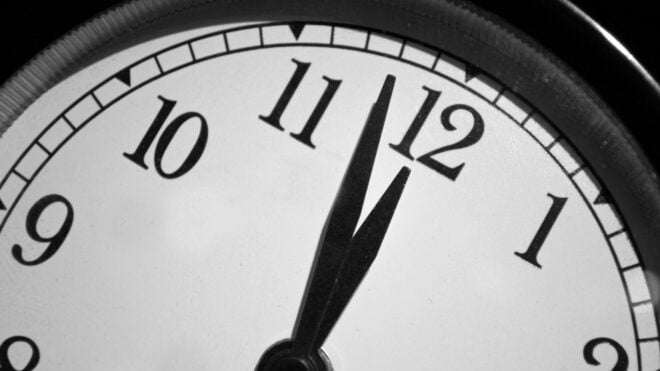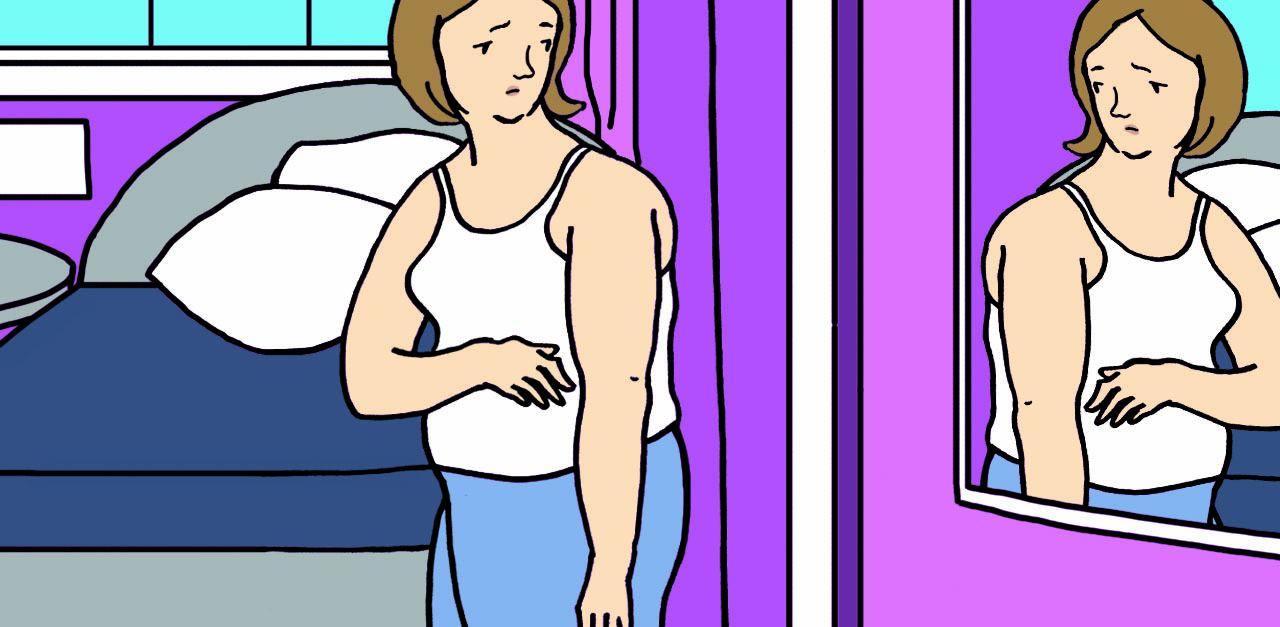
Weight loss is inherently a sore subject. No one wants to be told that the secret is "diet and exercise" for the millionth time, especially when their diet and exercise aren't helping them to lose weight.
We've all read inspirational stories about people losing weight and wondered, why can't that be me?
The truth is, most people don't have time to work out six hours a day, and have more important things to spend money on than a dietician.
Still, plenty of women exercise and watch what they're eating all on their own without a fancy gym membership or preplanned meals.
More from LittleThings: 5 Alarming Symptoms Of Celiac Disease No Woman Should Ever Ignore
It's always a good idea to take care of yourself, but sometimes, even that doesn't seem like enough to make a dent in your weight-loss goals.
Turns out, there are medical conditions that prevent weight loss from being easily achievable.
Thumbnail Photo: Wikimedia Commons / Uthman
1. Low Protein

Protein is an essential nutrient that helps our bodies make cells and repair new ones.
Certain types of protein like red meat might get a bad rep in terms of weight loss, but not enough that it can lead to weight gain.
According to CNN, a study found that test subjects who consumed a lower protein diet had a significantly higher body fat index than those who ate more protein.
This is because protein helps build muscle that in turn help to burn fat.
2. Chronic Stress

Stress can make our bodies freak out in all sorts of surprising and unrelated ways.
The Mayo Clinic explains that chronic stress makes it far more difficult to make healthy food choices. It also might cause you to stress eat.
What's more, your body might interpret stress as a sign that you are in danger, and hang on to extra fat because it's anticipating that your body will need the fuel to burn.
3. Cushing's Syndrome
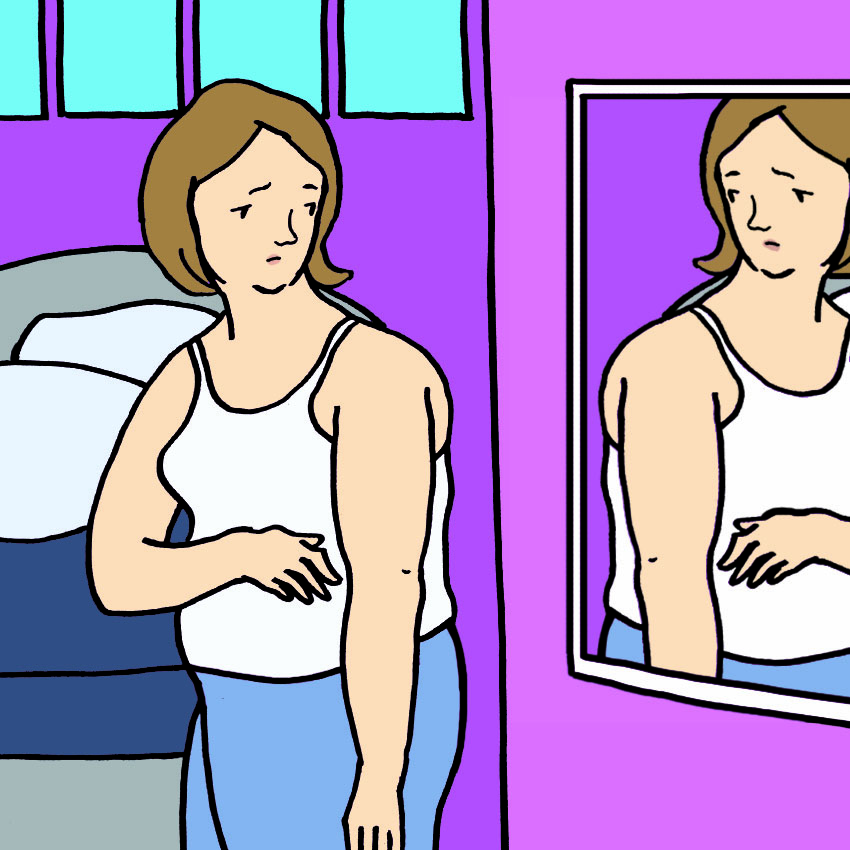
Cushing's syndrome is a condition caused by too much cortisol in the body, according to The Pituitary Society.
Excess of this hormone can cause otherwise unexplainable weight gain in your midsection and arms especially.
Getting treatment might help lower your cortisol levels and allow weight loss.
4. Hypothyroidism
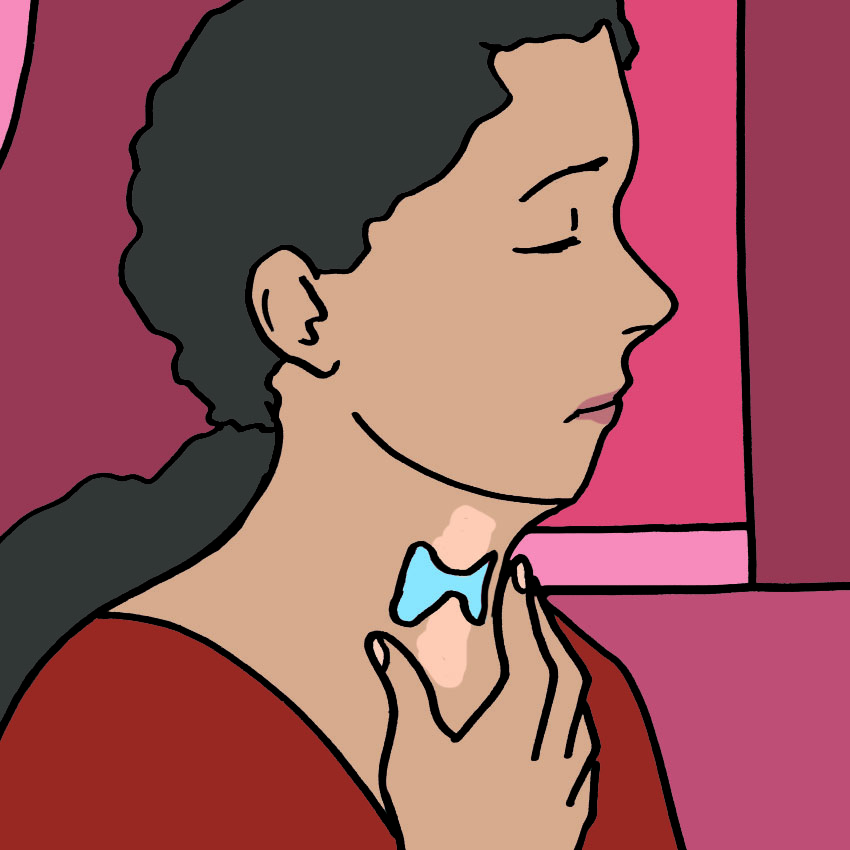
Thyroid problems are synonymous with difficulty losing weight.
This is due to the thyroid gland and how much of the thyroid hormone it secretes to regulate our metabolisms.
According to the American Thyroid Association, an under-active thyroid caused by hypothyroidism can lead to weight gain and a general slowing of bodily functions.
5. Polycystic Ovary Syndrome
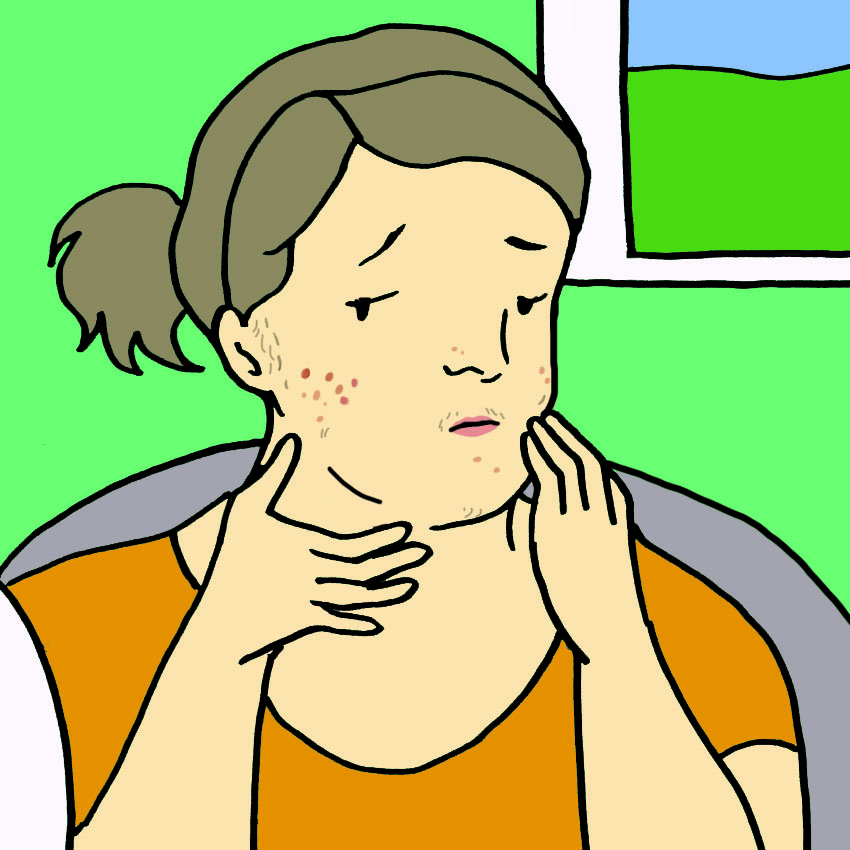
Polycystic ovary syndrome (or PCOS) is a condition caused by the overproduction of male hormones, according to the Mayo Clinic.
The condition interferes with your menstrual cycles and more or less everything hormone related. Weight gain is also a common symptom.
6. Syndrome X
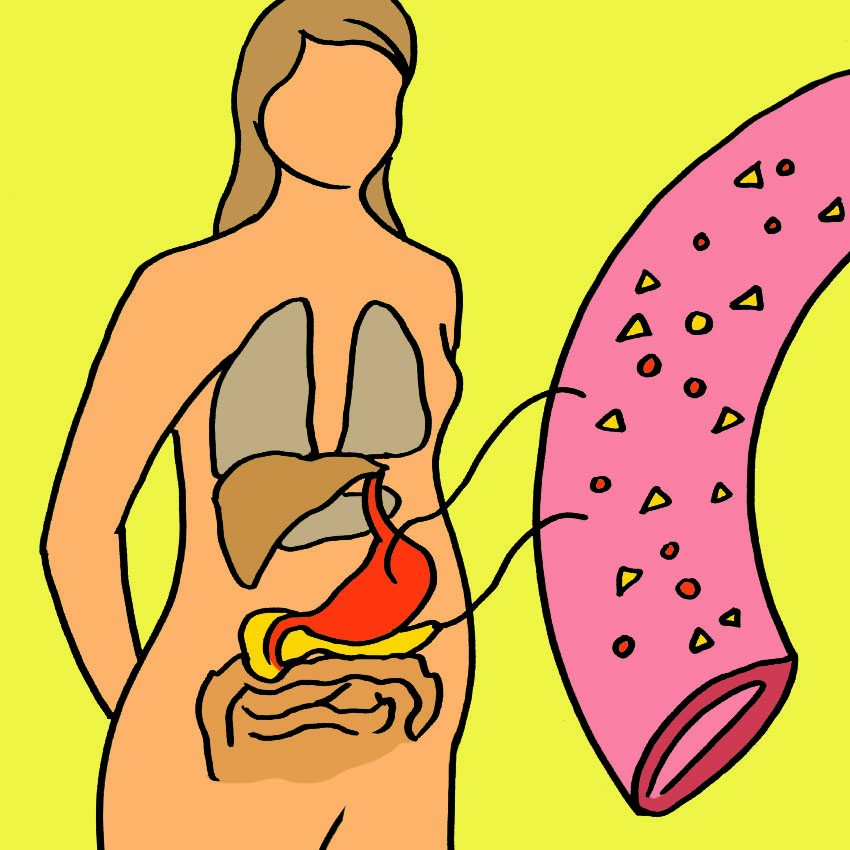
The mysterious sounding "syndrome X" is more recently referred to as metabolic syndrome in the medical community, according to WebMD.
This condition, identified fairly recently, is extremely common and might affect up to one in every six people.
Syndrome X is a combination of three risk factors that work together to keep weight on. They are high blood pressure, high blood sugar, and high cholesterol levels.
7. Depression
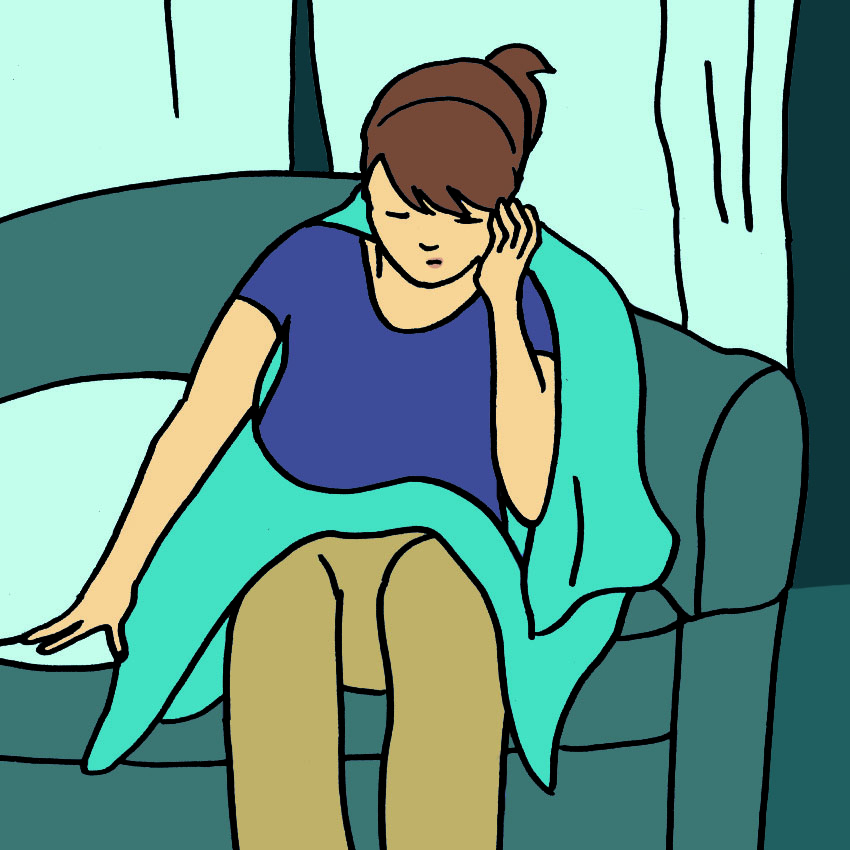
Again, the cause of weight loss or gain isn't always purely physical. The systems in our bodies are all interrelated.
Someone suffering from depression might experience weight gain for a number of reasons. They might be overeating, or also not getting enough exercise due to a general lack of motivation.
8. Menopause
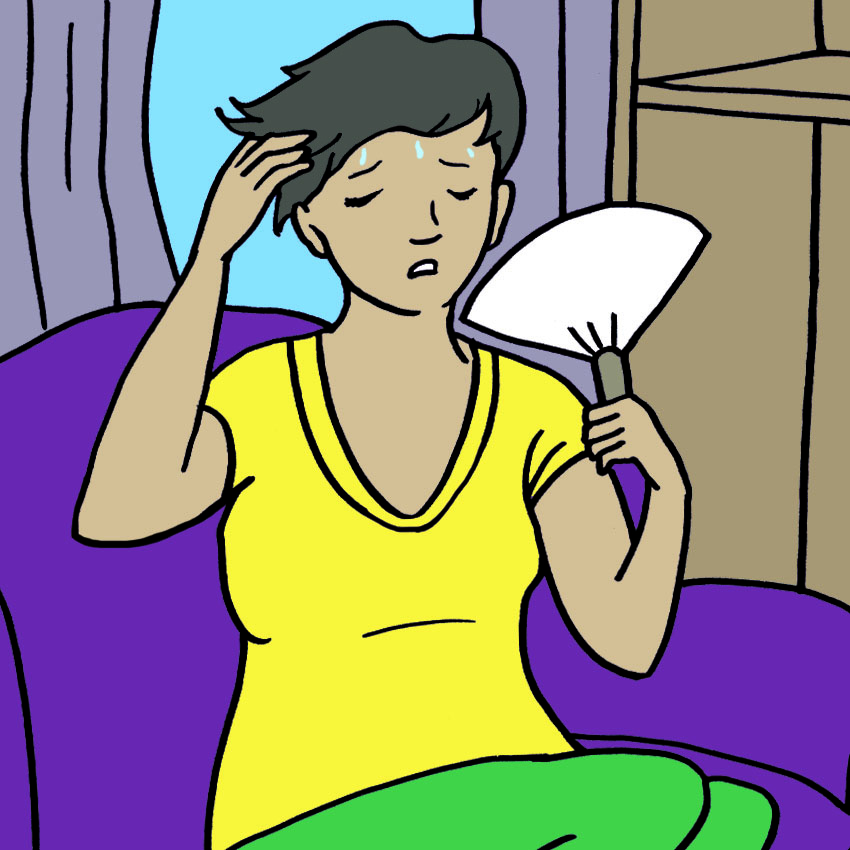
As the hormones in our bodies change over time, so do the ways that we metabolize food and build muscle.
Every woman is different, but many find it increasingly difficult to lose weight after going through menopause.
9. Birth Control

When you first start using birth control, you hear all of the risk factors. For many women, this can include weight gain.
Again, this is a side effect that can be traced back to hormonal changes. Luckily, this is usually a temporary issue that goes away once your body has adjusted.
Make sure to SHARE this information with your friends on Facebook!



